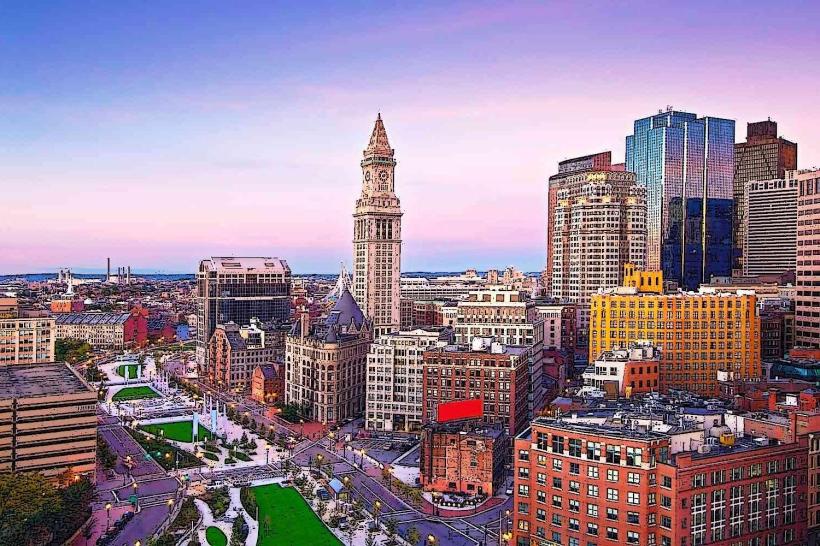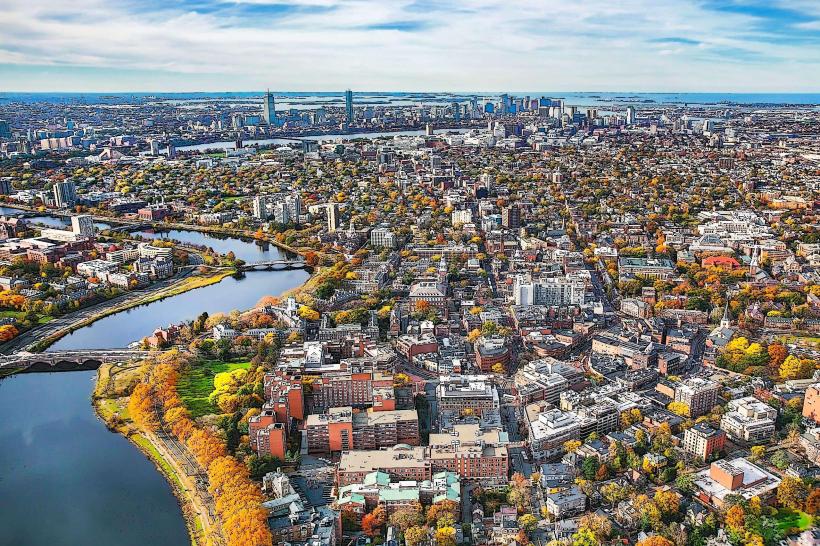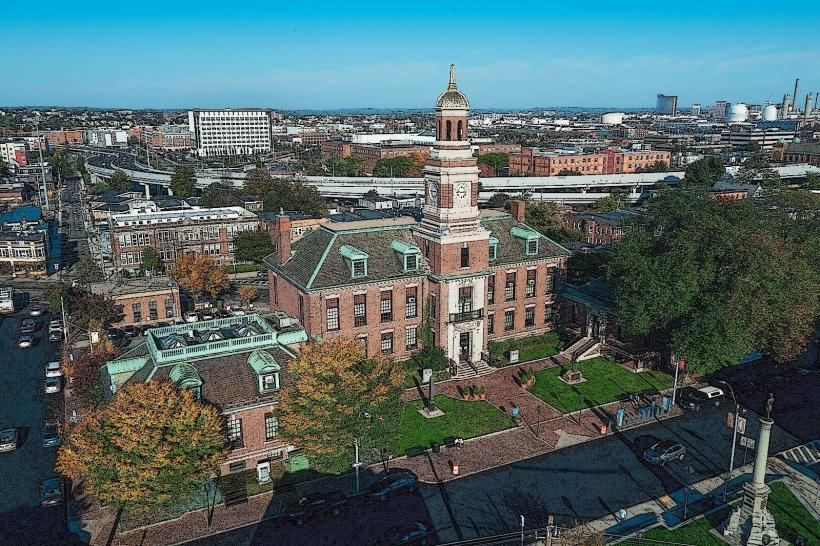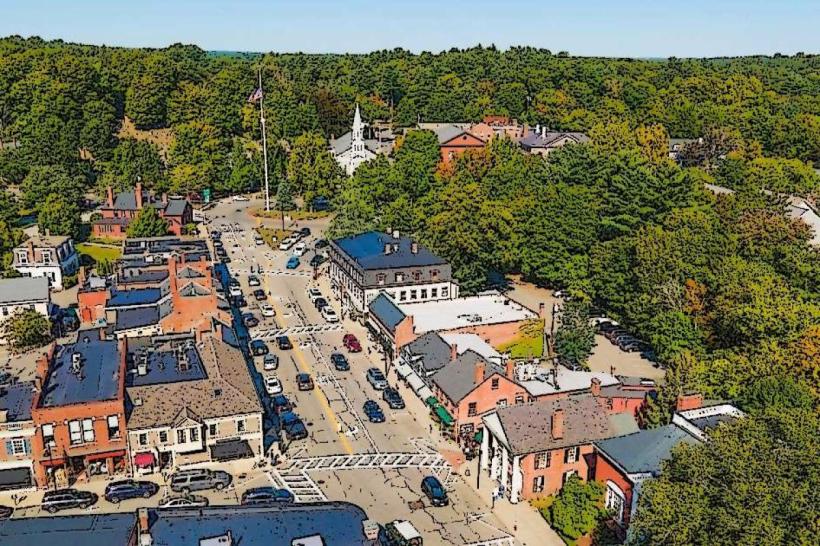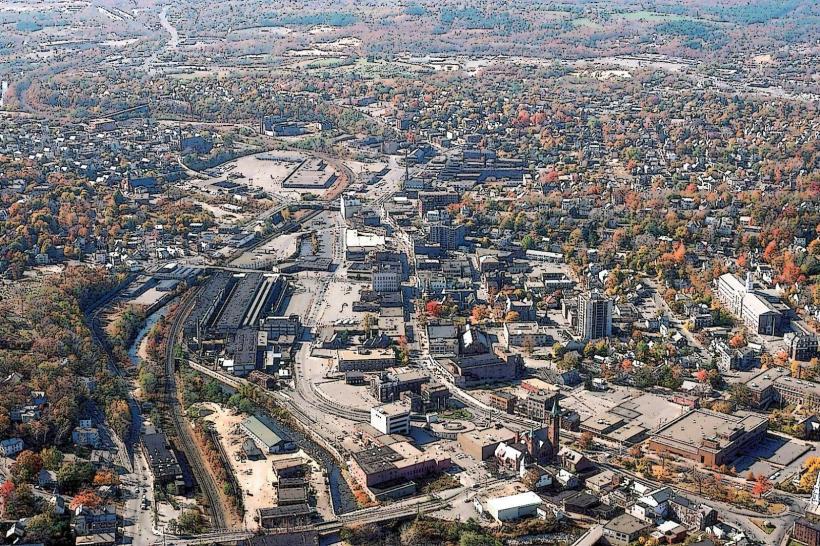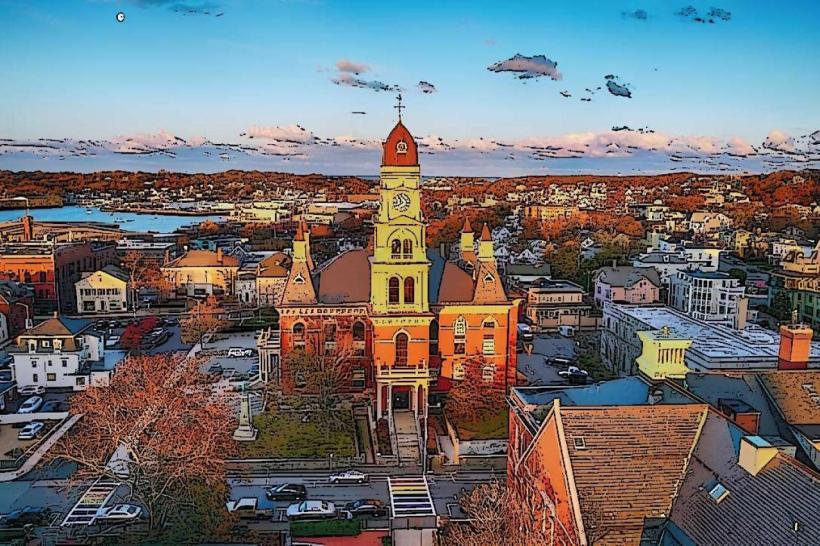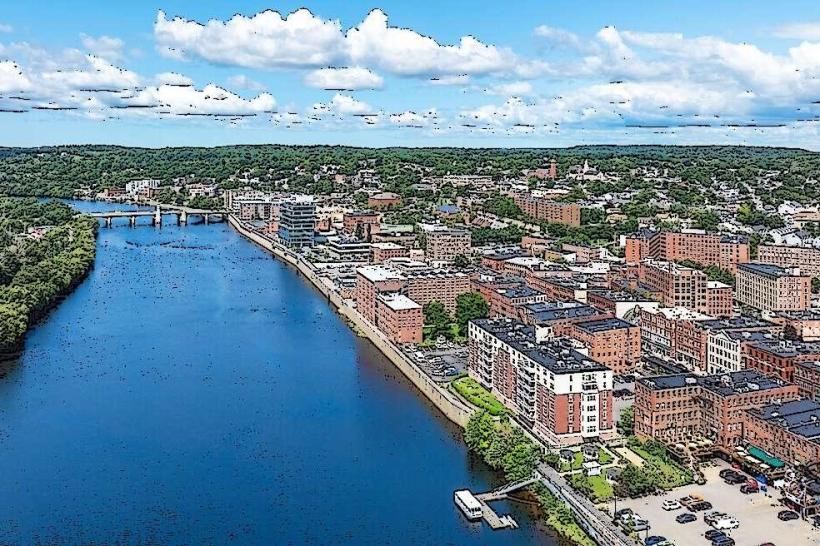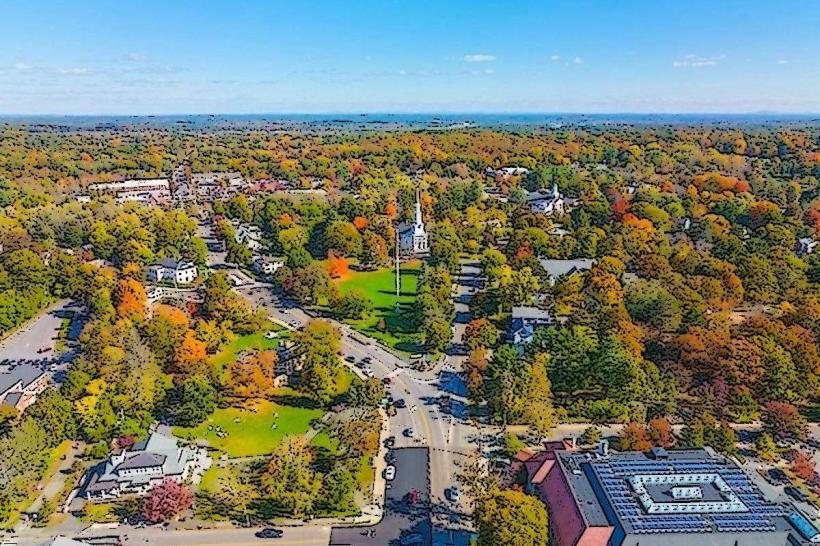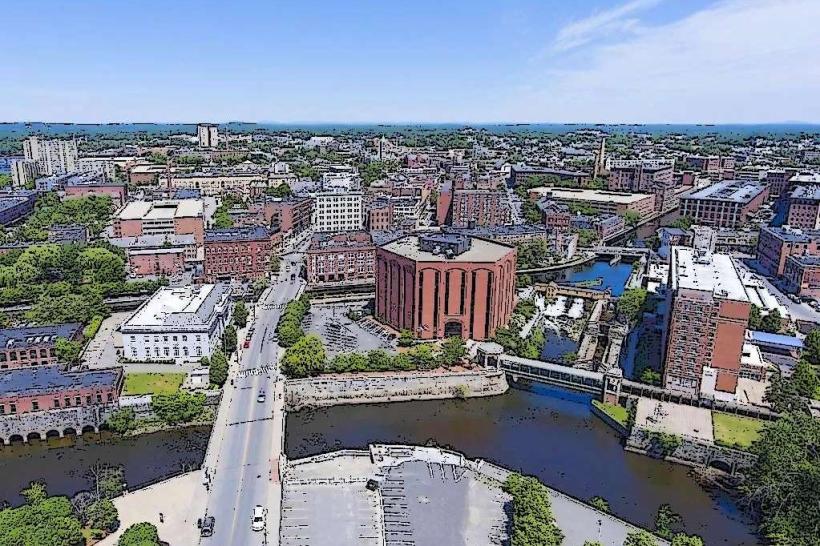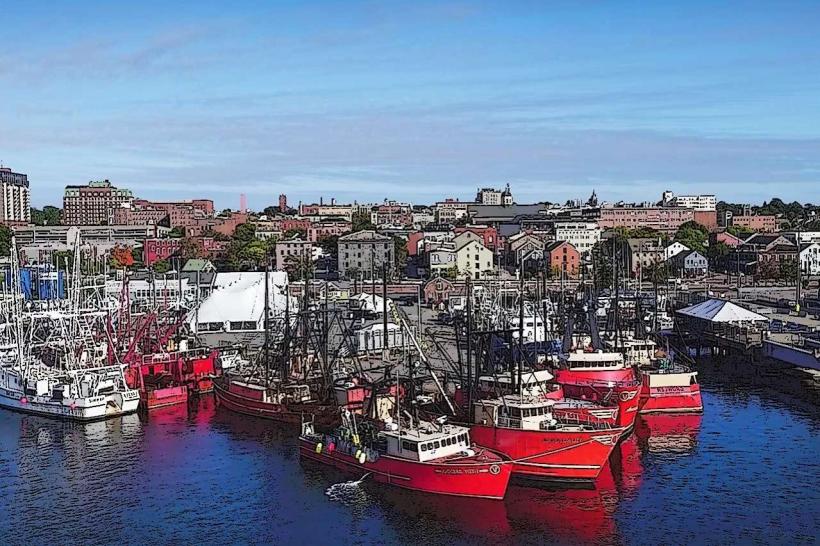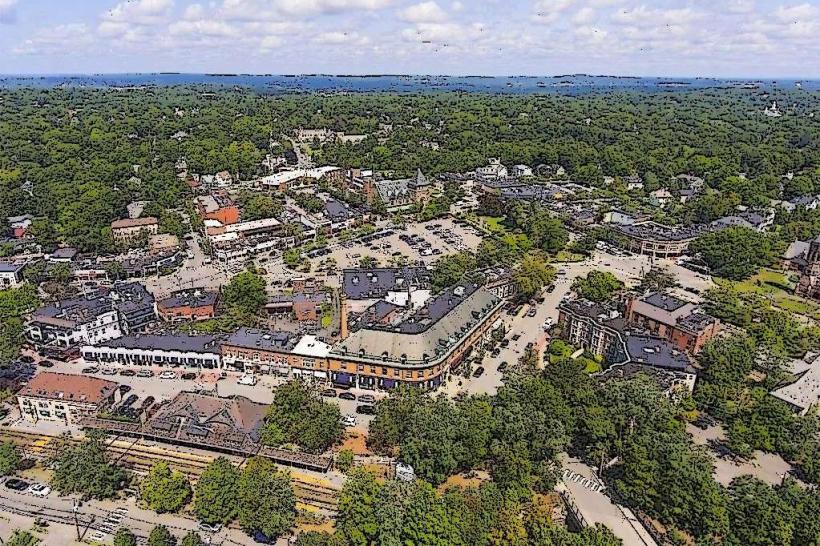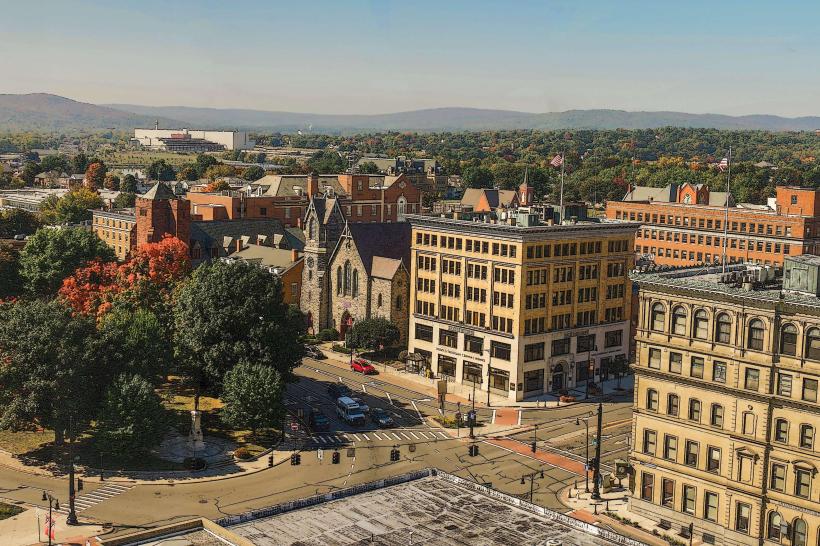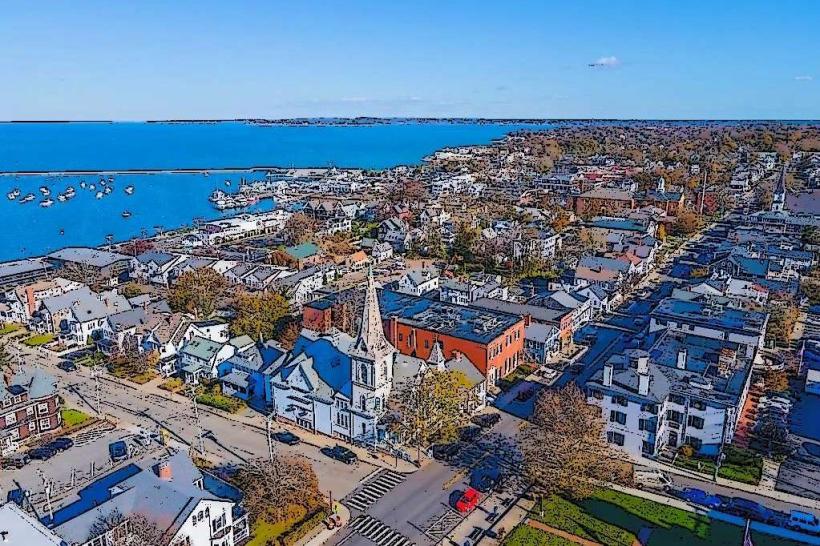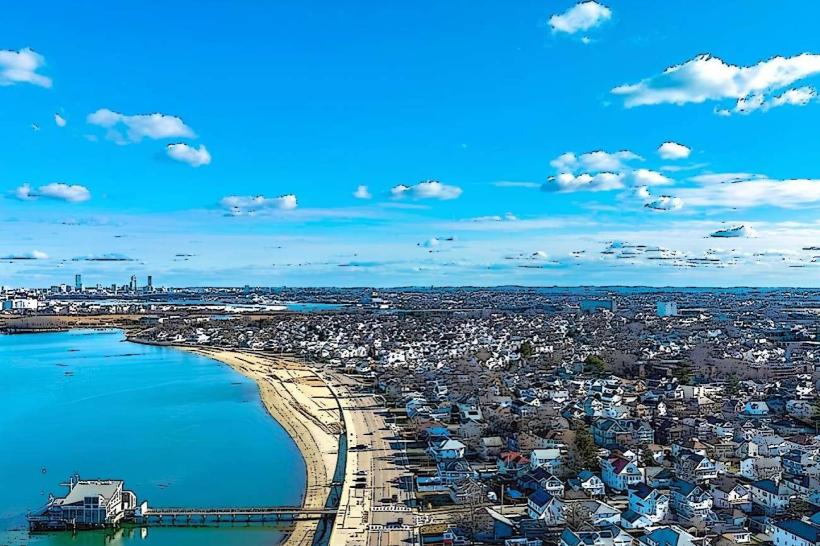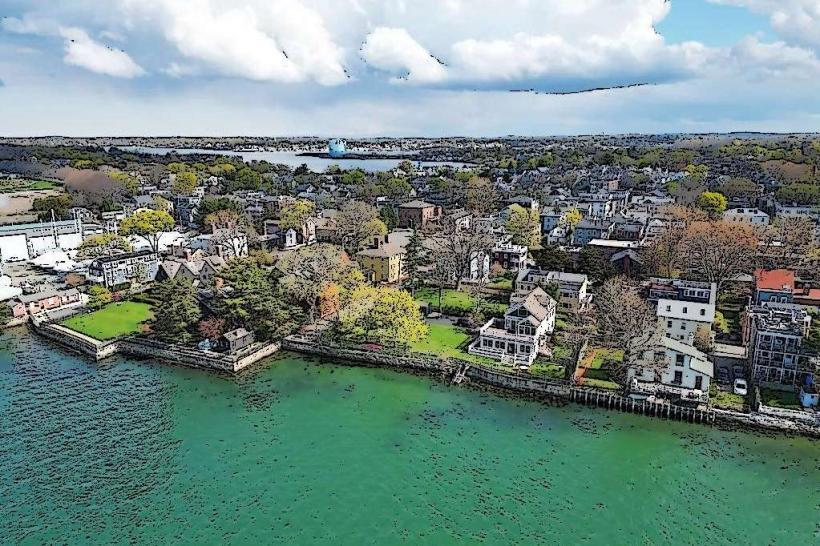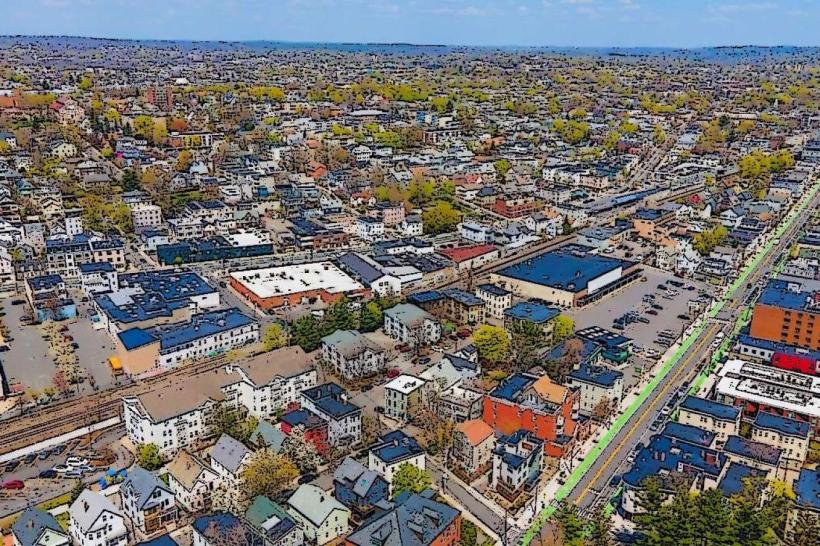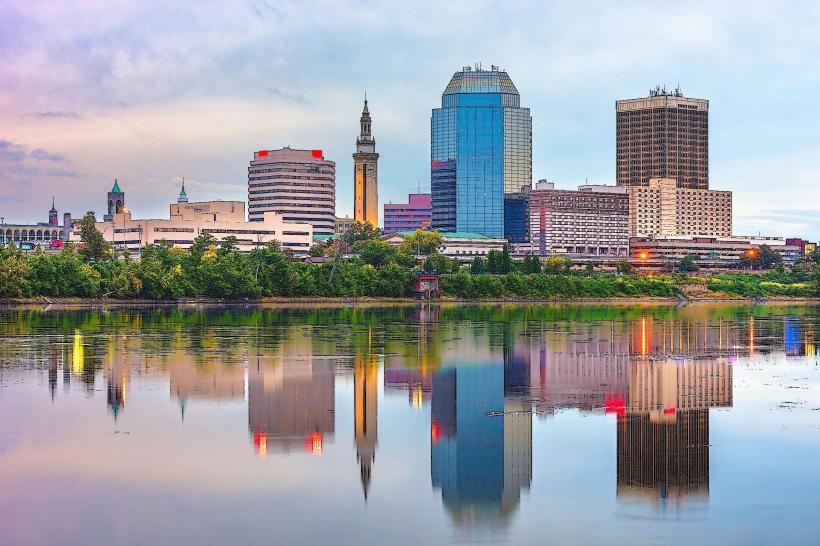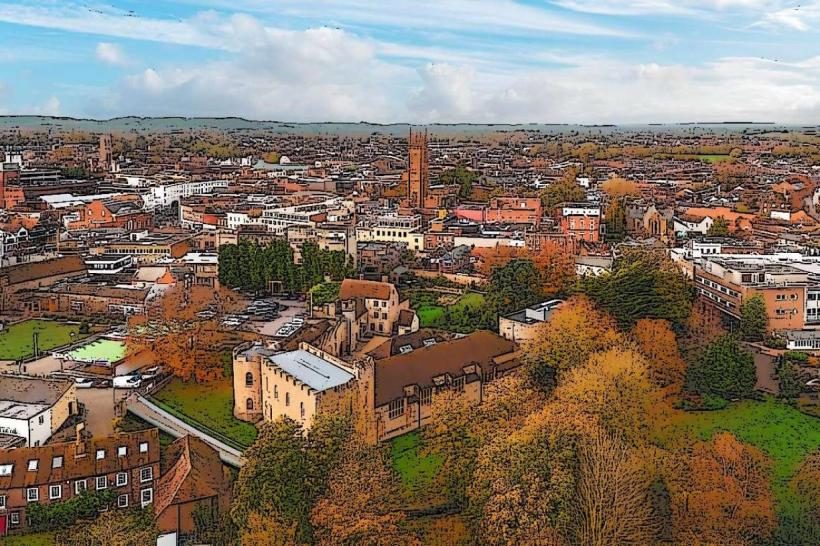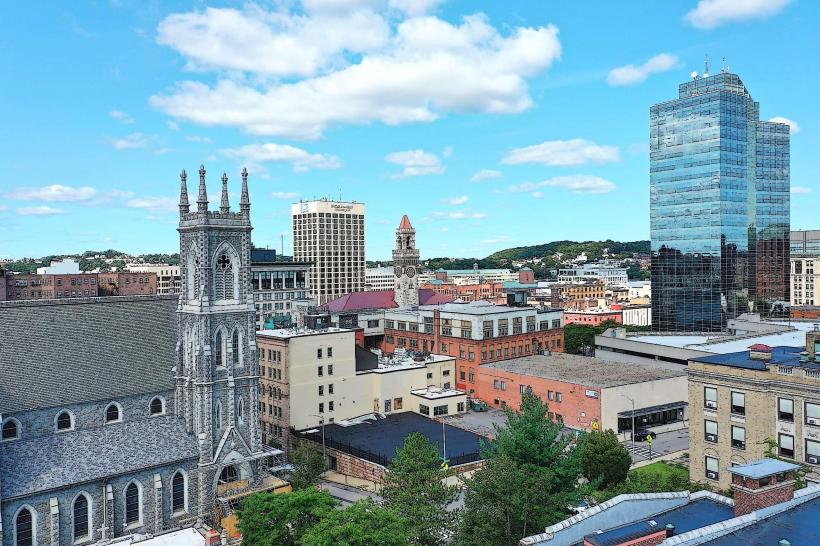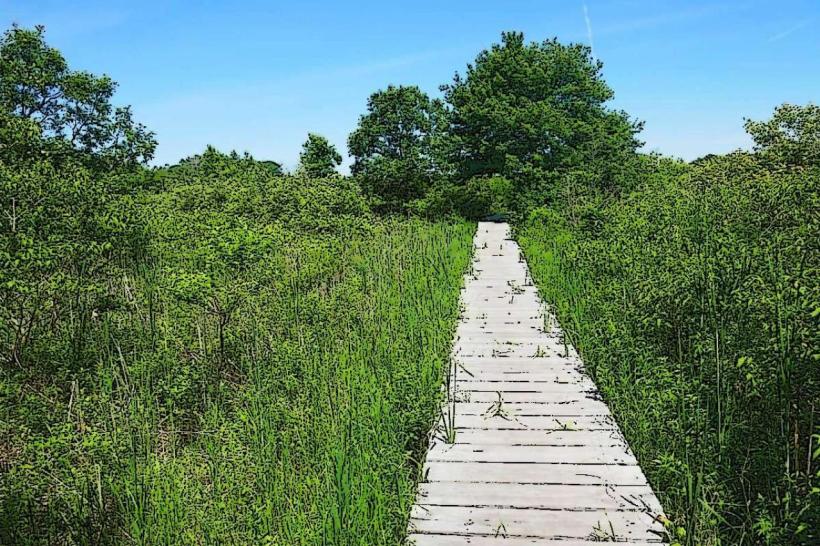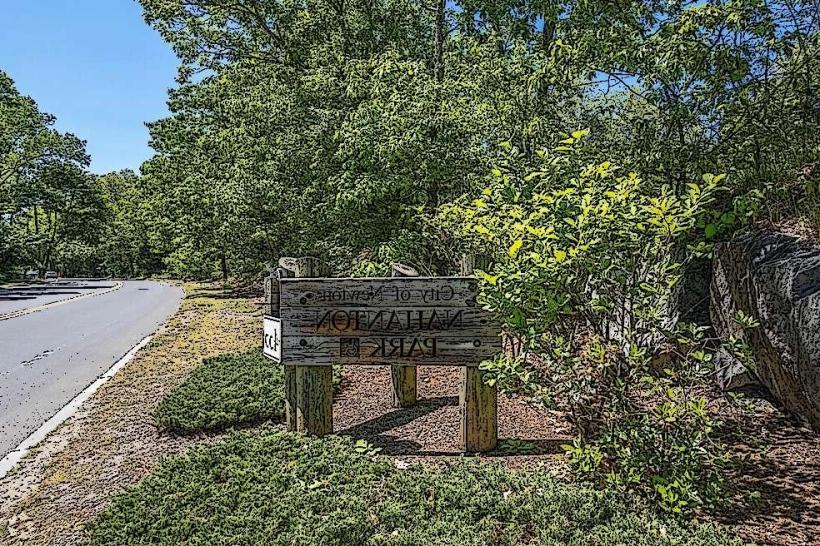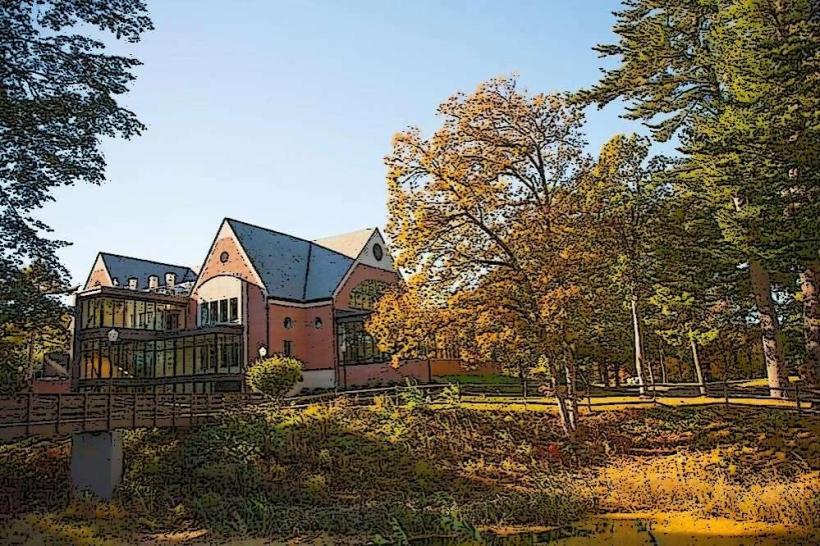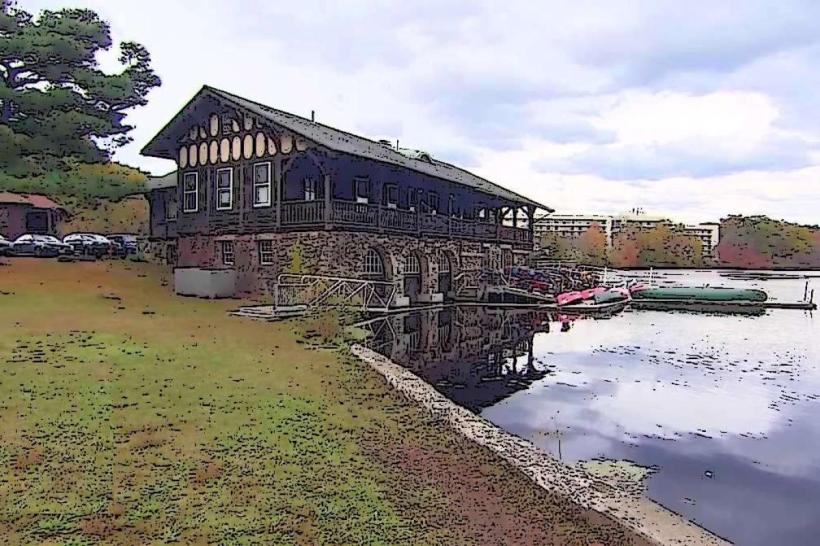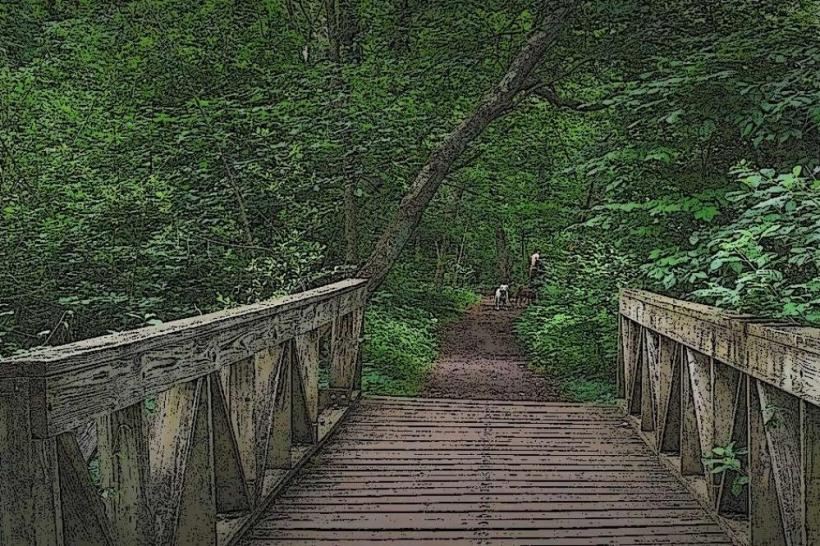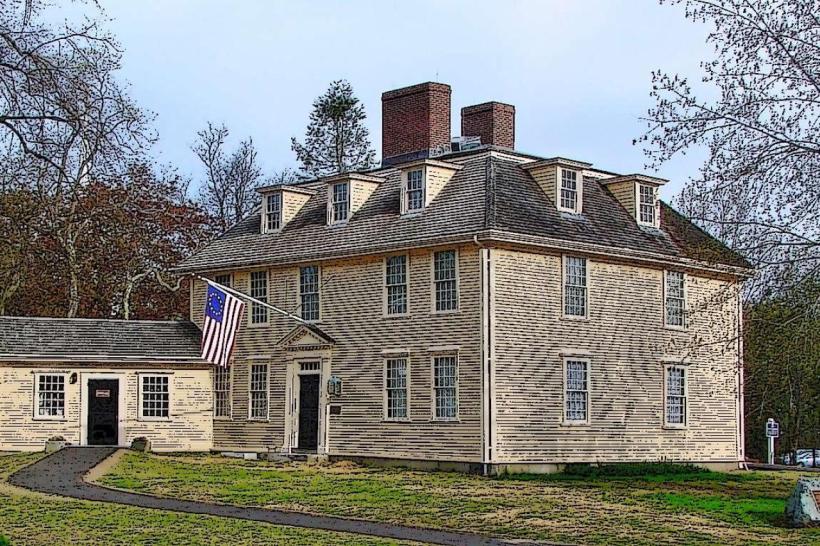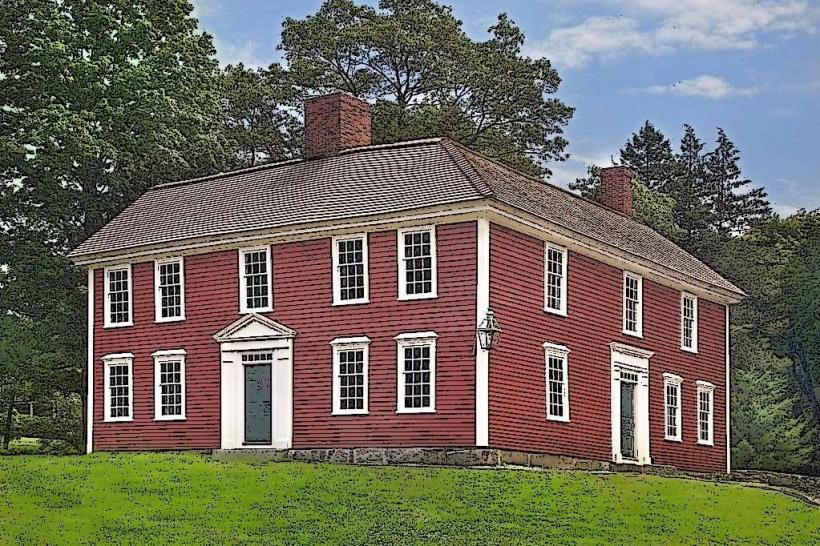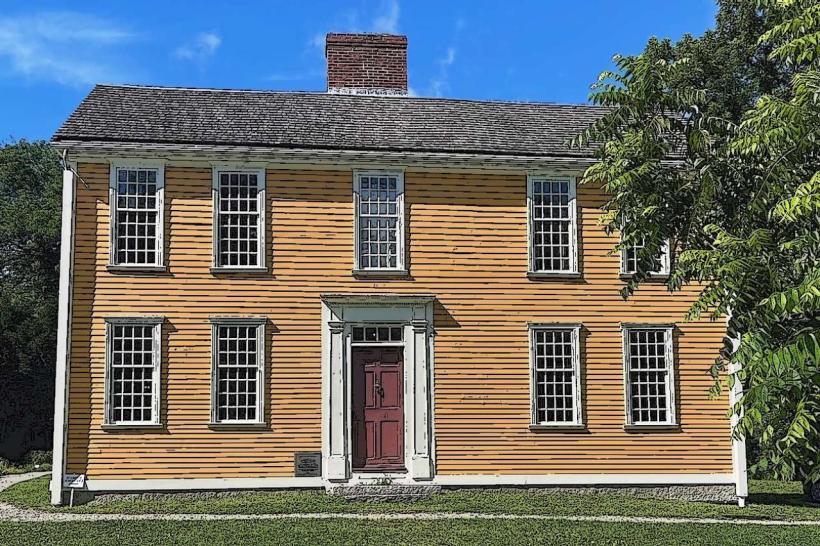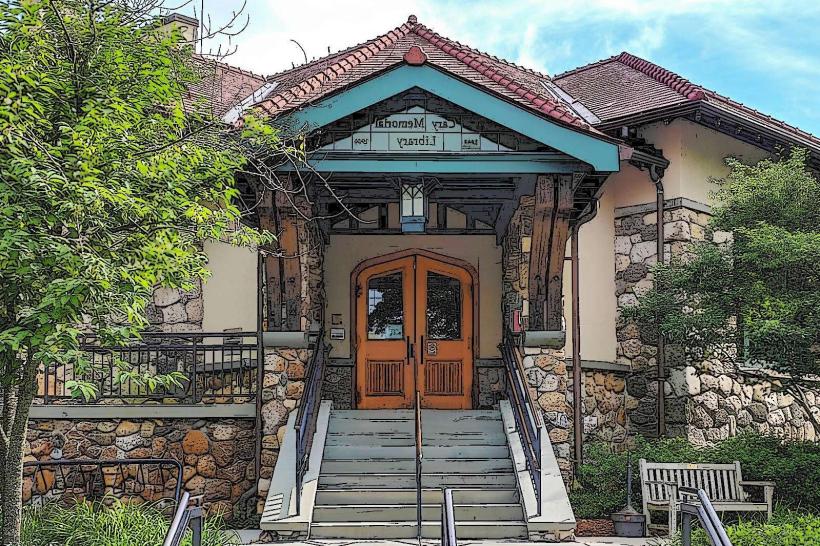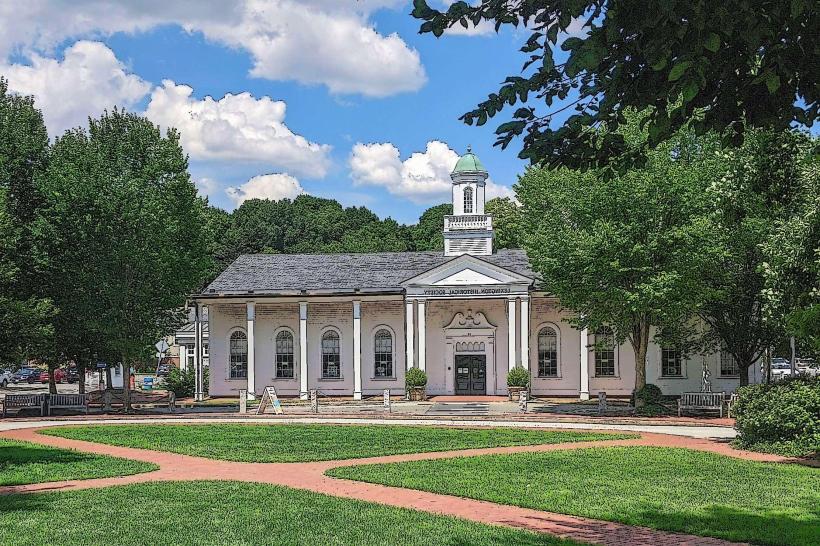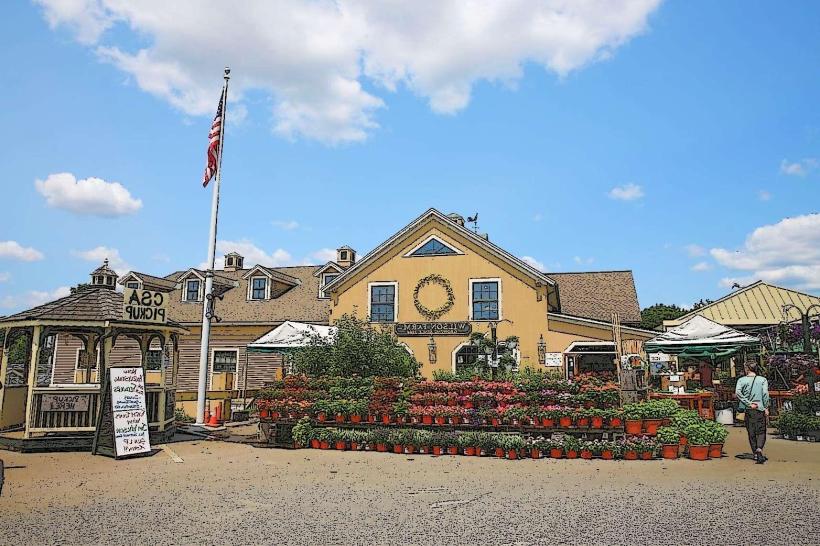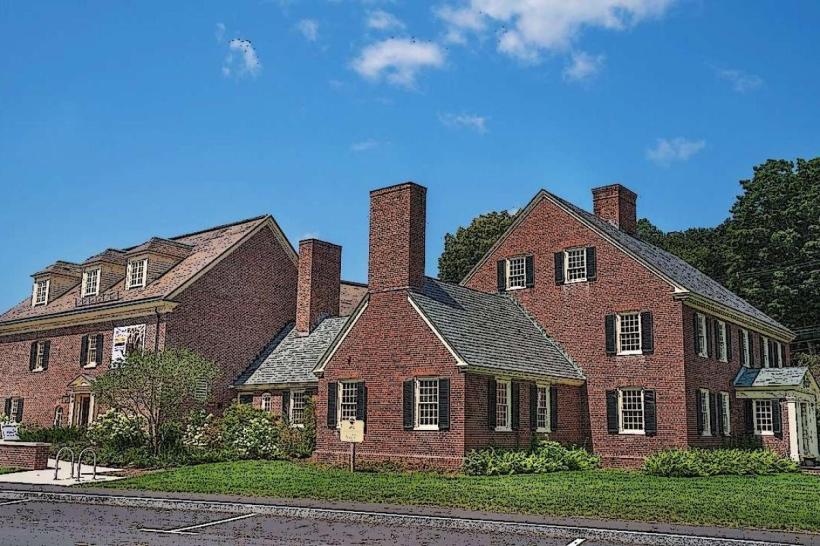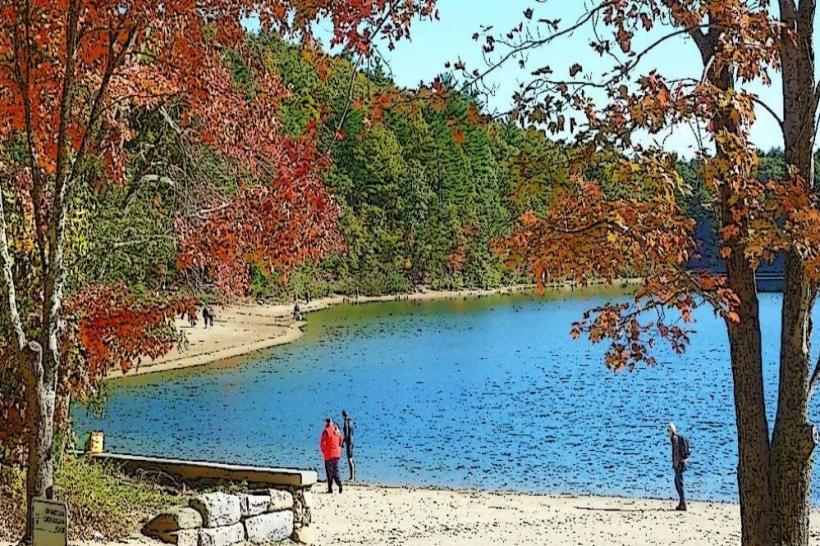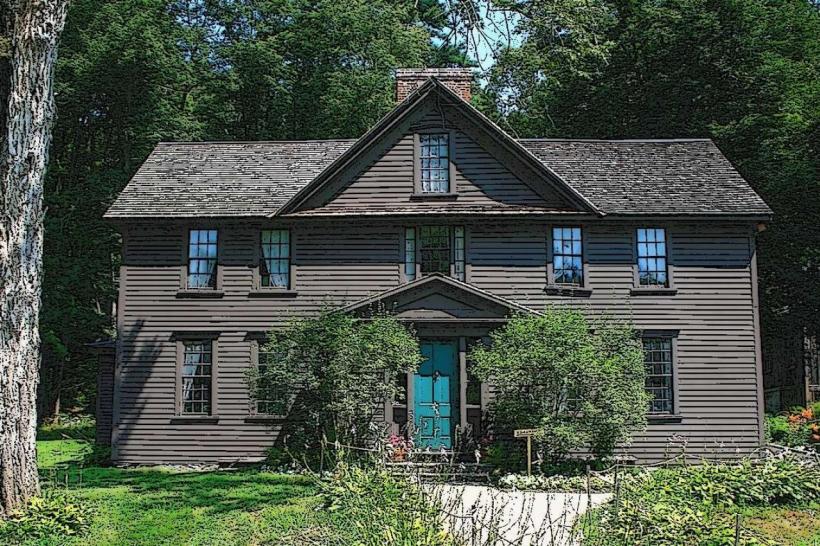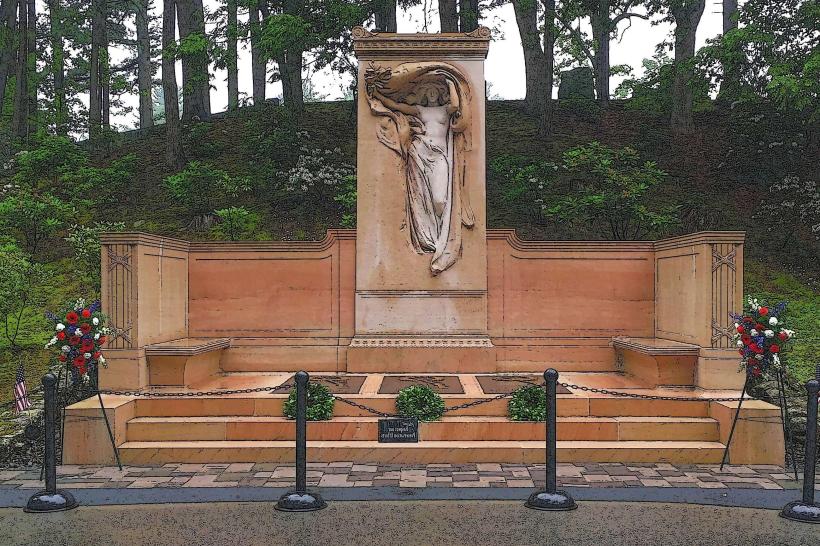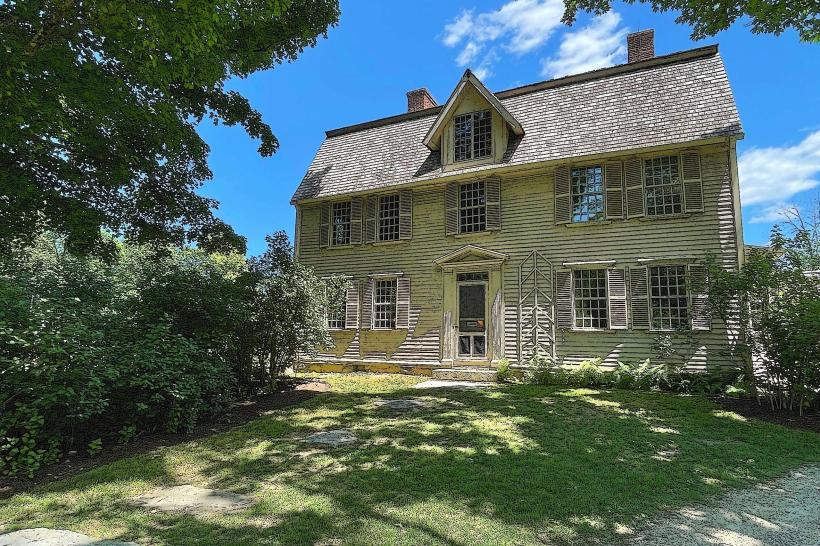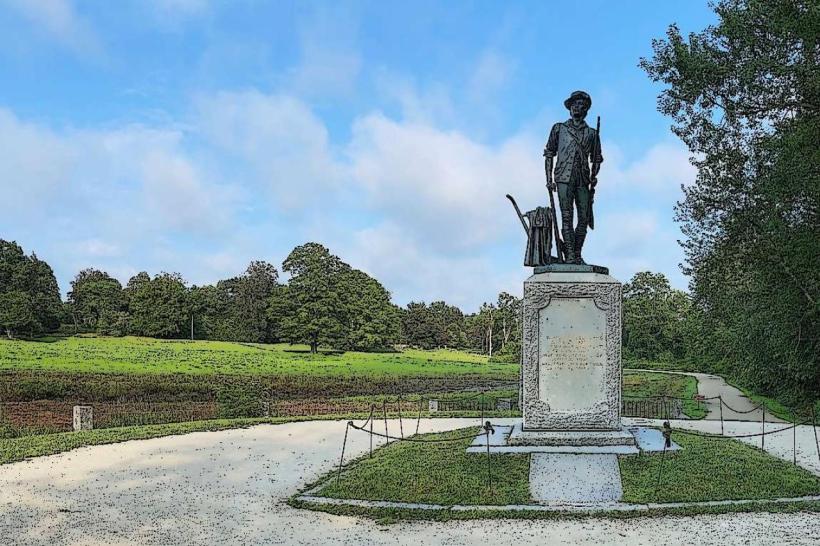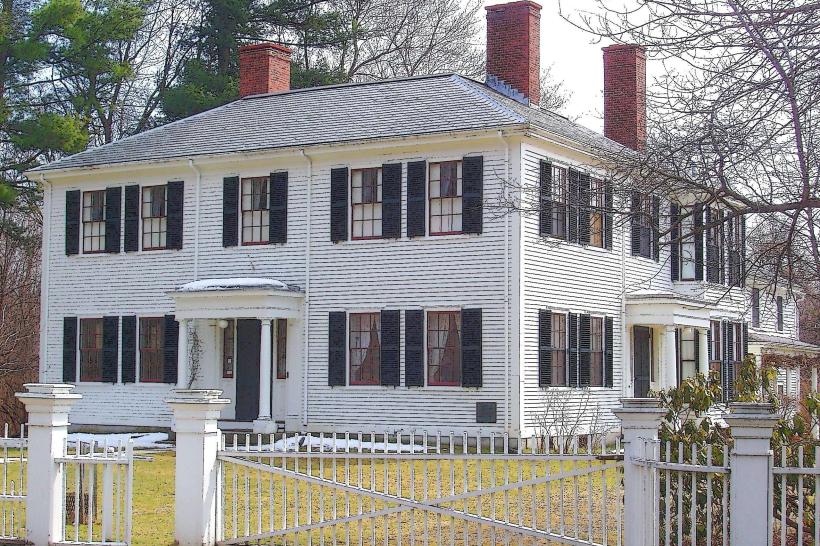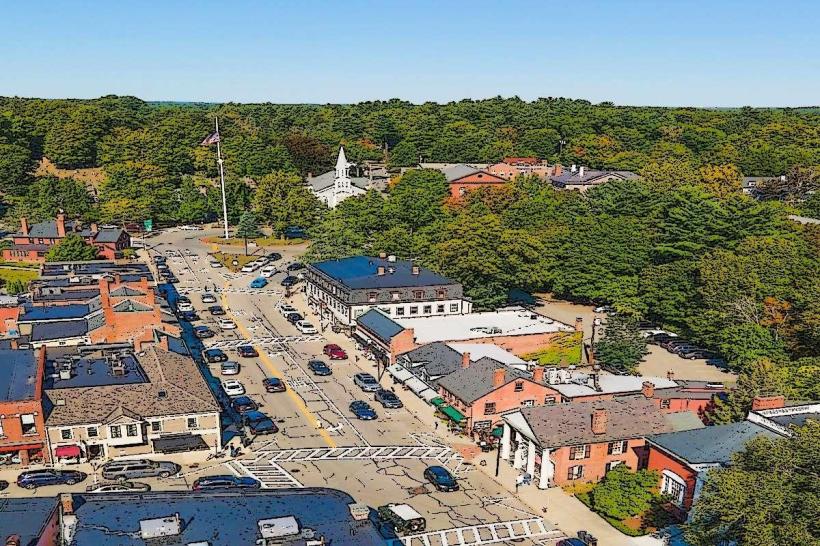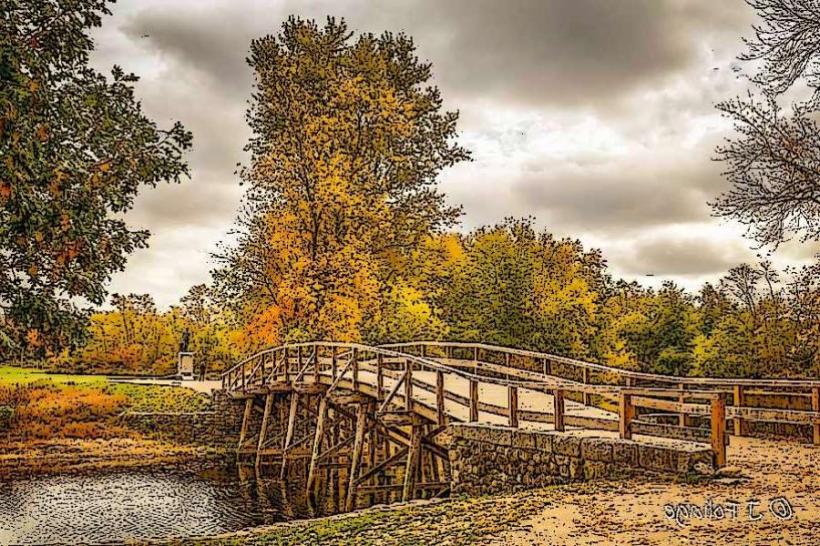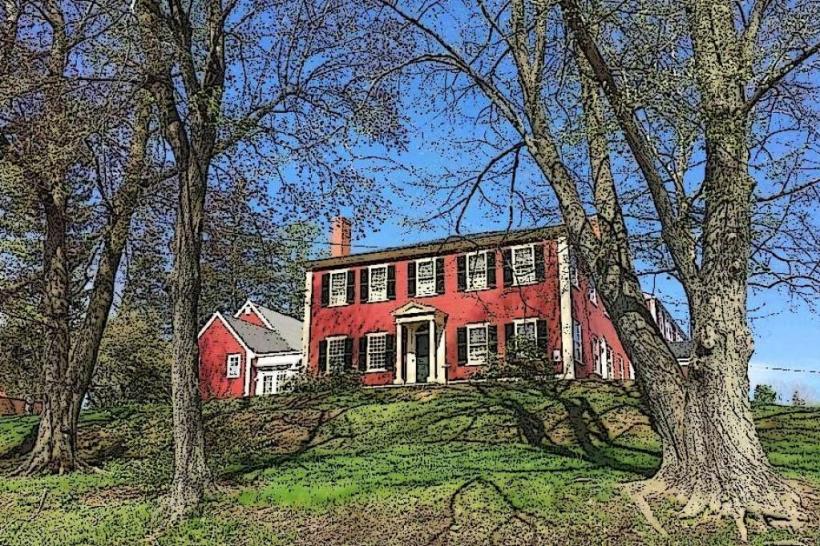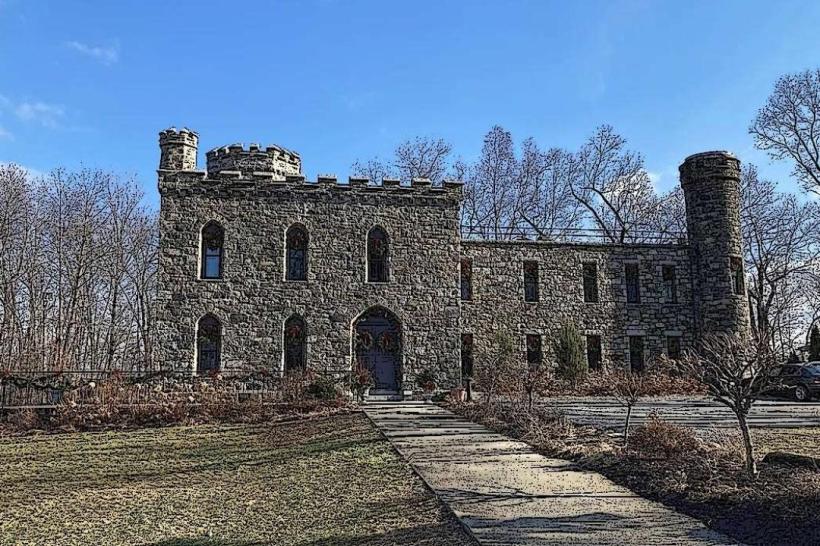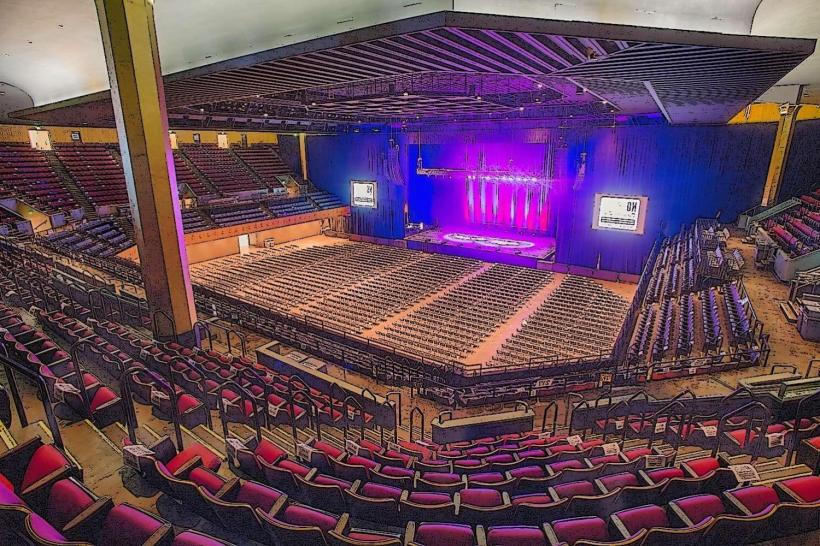Information
Country: USA MassachusettsContinent: North America
USA Massachusetts, North America
Massachusetts is located in the New England region of the Northeastern United States, bordering New Hampshire and Vermont to the north, the Atlantic Ocean to the east, Rhode Island and Connecticut to the south, and New York to the west. The state is defined by its high-density coastal urban centers, the central hills, and the Berkshire Mountains in the west. The capital city is Boston.
History & Culture
Massachusetts was founded by Pilgrims at Plymouth in 1620 and Puritans at the Massachusetts Bay Colony in 1630. It served as the primary catalyst for the American Revolution (Boston Tea Party, Battles of Lexington and Concord). The state ratified the U.S. Constitution in 1788 and possesses the oldest functioning written constitution in the world (1780). Primary religious affiliations are Christianity (58%, with 34% Catholic) and irreligious/secular (32%). Independence Day (July 4) and Patriots' Day (the third Monday in April) are significant holidays. Social etiquette emphasizes intellectualism, directness, and a standardized 18–25% tipping expectation.
Language & Communication
The official language is English. English proficiency is universal. Spanish is the second most common language (spoken by approx. 9% of the population), followed by Portuguese, Chinese, and Haitian Creole. The "Boston accent," characterized by non-rhoticity (dropping the "r" sound), is a prominent regional linguistic feature.
Population & Economy
The population is approximately 7.2 million, with 92% urban and 8% rural distribution. Top three export commodities are chemicals (pharmaceuticals/vaccines), computer and electronic products, and machinery. GDP per capita is approximately $94,000 USD (one of the highest in the U.S.). The economy is a global leader in biotechnology, higher education, financial services, and high-tech manufacturing.
Visa & Entry Policy
Citizens of the UK, EU, and other Visa Waiver Program nations require an ESTA for stays up to 90 days. Other international travelers require a B1/B2 visa. Effective January 1, 2026, under Presidential Proclamation 10998, visa issuance is suspended or restricted for nationals of 38 countries. There is no Visa on Arrival system. Customs enforcement at Boston Logan (BOS) is strict regarding high-value goods and agricultural items.
Currency & Payment Systems
The currency is the United States Dollar (USD). Card payments and mobile "tap-to-pay" are universal. Cash is increasingly rare in urban retail but remains used for small tips and at independent markets in the Berkshires. ATM availability is high, particularly through networks like Citizens, Bank of America, and Santander.
National Transport Grid
Intercity travel is facilitated by the Amtrak Northeast Corridor and Downeaster lines. The Massachusetts Bay Transportation Authority (MBTA) provides extensive subway, bus, and commuter rail service in Greater Boston. Primary road transit occurs via I-90 (Mass Pike) and I-95. Domestic and international aviation is centered at Boston Logan (BOS).
Digital Infrastructure
Major mobile network providers are Verizon, AT&T, and T-Mobile. 5G coverage is comprehensive in the Boston-Worcester-Springfield corridor. 4G LTE is standard in rural western counties, though signal attenuation is common in the Berkshire highlands. The state is a primary global hub for cloud computing and cybersecurity infrastructure.
Climate & Seasonality
The climate is humid continental, featuring four distinct seasons. Winters (December–March) are cold and snowy, with significant snowfall from coastal "Nor'easters." Summers (June–August) are warm and humid. September and October are statistically the driest months and coincide with peak autumn foliage tourism.
Health & Safety
No mandatory vaccines are required for entry. Specific environmental risks include extreme winter cold/blizzards and tick-borne illnesses (Lyme disease) in wooded areas. The emergency number for Police, Ambulance, and Fire is 911.
Top 3 Major Regions & Cities
Greater Boston (Education/Biotech): Hub city is Boston.
Central Region (Industry/Health): Hub city is Worcester.
Pioneer Valley (Education/Manufacturing): Hub city is Springfield.
Local Cost Index
1L Water: $2.60 USD
1 Domestic Beer: $8.50 USD
1 Sim Card (Data Plan): $50.00 USD
Facts & Legends
Massachusetts is the birthplace of both basketball (Springfield, 1891) and volleyball (Holyoke, 1895). A prominent local legend is the "Dover Demon," a small, large-eyed bipedal creature allegedly sighted by three separate groups of teenagers in Dover over a 25-hour period in April 1977. 2026 marks the 250th anniversary of the United States, with Massachusetts serving as a primary site for national commemorative events and reenactments.

